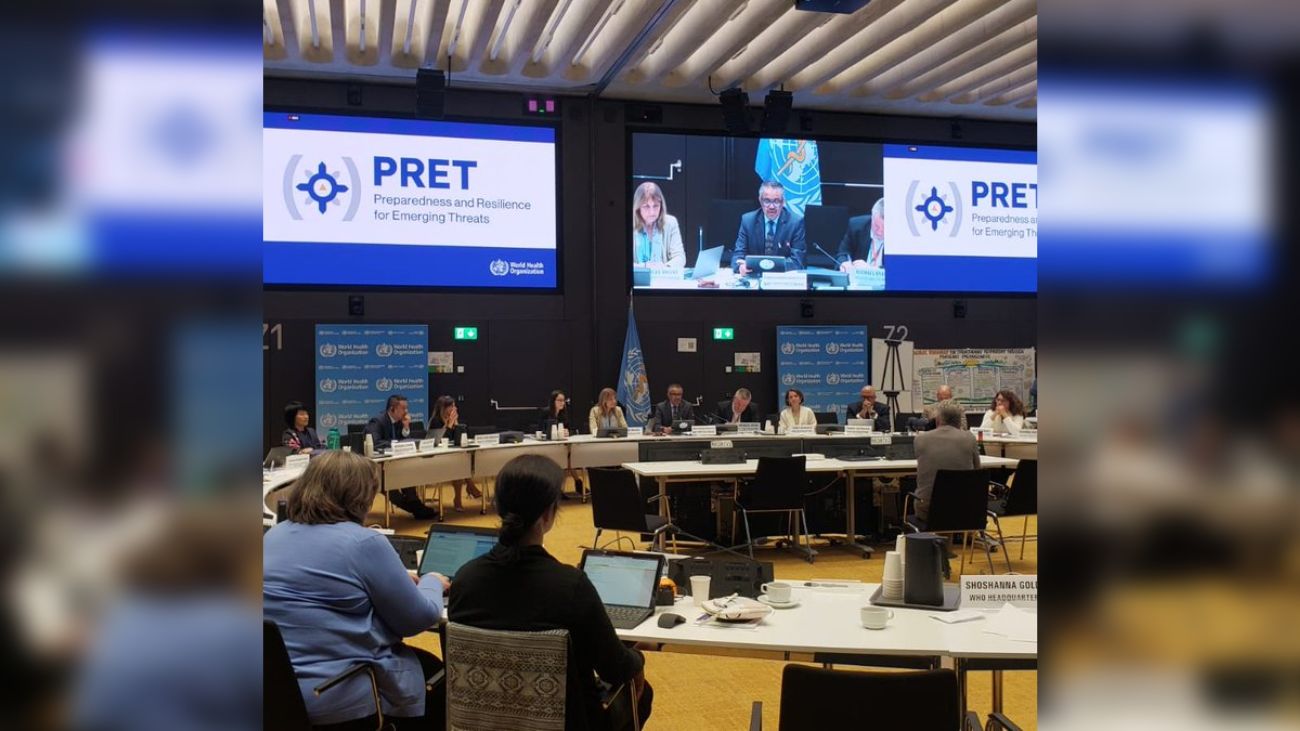The WHO wants to listen on all citizens to help manage rumors or information not aligned with the organization.
WHO Set to Implement Invasive Social Surveillance
The World Health Organization (WHO) is set to implement a new pandemic prevention initiative called that will rely on “social listening surveillance systems” to identify rumors and misinformation.
According to internal documents from the UN agency, the initiative aims to guide countries in pandemic planning while incorporating the latest tools and approaches for shared learning and collective action established during the COVID-19 pandemic.
However, the documents also reveal various invasive tactics deployed to suppress the spread of alleged misinformation.
The WHO is urging member states, including the US, to adopt these suggestions when developing or updating their respiratory pathogen pandemic plans.
Non-Elected Officials to Soon Rule the World’s Information
PRET’s blueprint describes how the spread of content deemed misinformation amounts to a new health threat called “infodemics.”
The overabundance of information – accurate or not – can make it difficult for individuals to adopt behaviors that protect their health and that of their families and communities.
The infodemic can directly impact health, hamper the implementation of public health countermeasures, and undermine trust and social cohesiveness.
The PRET document outlines various tactics to hamper the spread of posts contrary to mainstream public health narratives.
The WHO argues that member states should establish and invest in resources for social listening surveillance systems and capacities to identify concerns as well as rumors and misinformation.
Communication should be tailored to the community of interest, focusing on and prioritizing vulnerable groups, while being responsive to their needs and concerns, relaying timely information, and training leaders and HCWs in risk communications principles and encouraging their application.
The PRET initiative report explains that new tools and approaches for social listening have been developed using new technologies such as artificial intelligence to listen to population concerns on social media, such as the Platform EARS developed by WHO.
WHO Works With Private Messaging Apps For Surveillance Opportunities
The paper also suggests testing out these strategies during acute respiratory events, including seasonal influenza, and involving the public and private sectors.
Member states should develop and implement communication and behavior change strategies based on infodemic insights and test them during acute respiratory events, including seasonal influenza.
This includes implementing infodemic management across sectors and having a coordinated approach with other actors, including academia, civil society, and international agencies.
The WHO’s Regional Office for the Western Pacific has taken steps to explore the role and potential of using closed messaging apps for promoting health messages and reducing the spread of misleading information during and between influenza pandemics.
These revelations come amidst the WHO’s efforts to codify a controversial Pandemic Treaty, which would cause signatories to cede control over many aspects of their country’s pandemic control and public health measures.
Further Reading:
Confirmed! Fauci Made Millions During The Pandemic
Several Facebook Key Roles Are Former Pfizer Employees
Bombshell: Pfizer’s COVID Vaccine Never Tested to Prevent Transmission
Biden’s Admin Sues Doctor For Recommending Vitamins To Combat Covid
Get the news you need at It’s On News.


